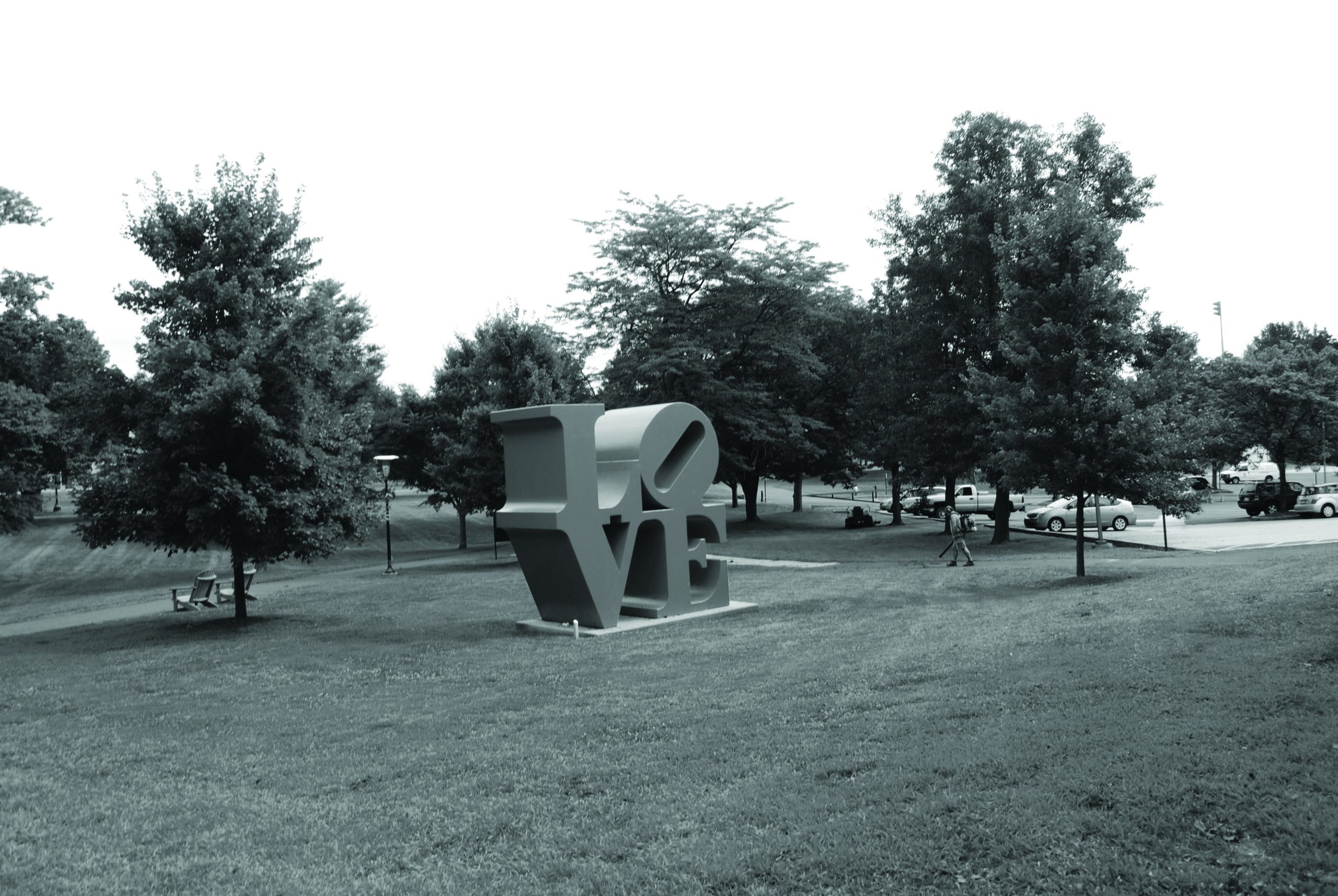
Ian Abrahams
iaabrahams@ursinus.edu
This year’s Oscars had a diverse offering of films from a variety of studios. Amongst these, one Netflix movie stood out amongst all the nominees, despite its only major win being Laura Dern (deservingly) for Best Supporting Actress. “Marriage Story” brought subtle humor and attention to realism without leaving the audience with a bad taste in their mouth, the way one might expect from a film about divorce. In fact, like in any good realistic fiction, throughout the movie you get the feeling that these are real, everyday people who love each other and are simply struggling to make things work.
Adam Driver’s character, Charlie, is portrayed as a genuinely kind and charismatic father in spite of his large, overarching flaws. This plays well into the conflict he has with Scarlett Johansson’s character, Nicole, as she tries to find a way to overcome her present circumstances without destroying the people from her old life and those that she loves. Such conflict gives her character a much more human role to contrast with Dern’s character, a character who on the surface is trying to help one of our protagonists but deep down represents something easy to hate: the competitive inhumanity of divorce.
The subtle humor here and there throughout the film helps break the constant tension tearing the couple limb from limb. It also adds realism in the sense that some of it comes from small blunders or specific quirks from the character-driven script. A good example of this is in the closing act, where Nancy, the observer sent to monitor each parent, has a sort of bland but innocent quirk going for her. It’s easy to overlook, but as she innocently requests a glass of water, she represents calm neutrality in an otherwise hellishly polarized environment.
Other silly mistakes and really heartfelt moments demonstrate the film’s ability to come full circle without it feeling forced. Every time one of the parents makes any error, it finds a way to bubble up as an implication that they will lose the custody war. The two protagonists’ admirable flaws, as detailed in the opening couples-therapy scene, become reasons for hatred. There are little things, too, but I won’t spoil those here.
This plays into many difficult emotions throughout the film. Driver’s singing scene in the restaurant highlights his struggle with humanity while going through such an inhuman process as divorce. In the end, Driver’s character reflects on his drastic mistakes, starting a redemption by bringing his work to L.A. Meanwhile it is clear Johansson is still full of conflict.
While the feelings in the film fluctuate from awkward to largely powerful and negative, it has a net-positive vibe in which strong overtones of compassion shine through. The lead characters clearly still love each other, even if not in marriage.
